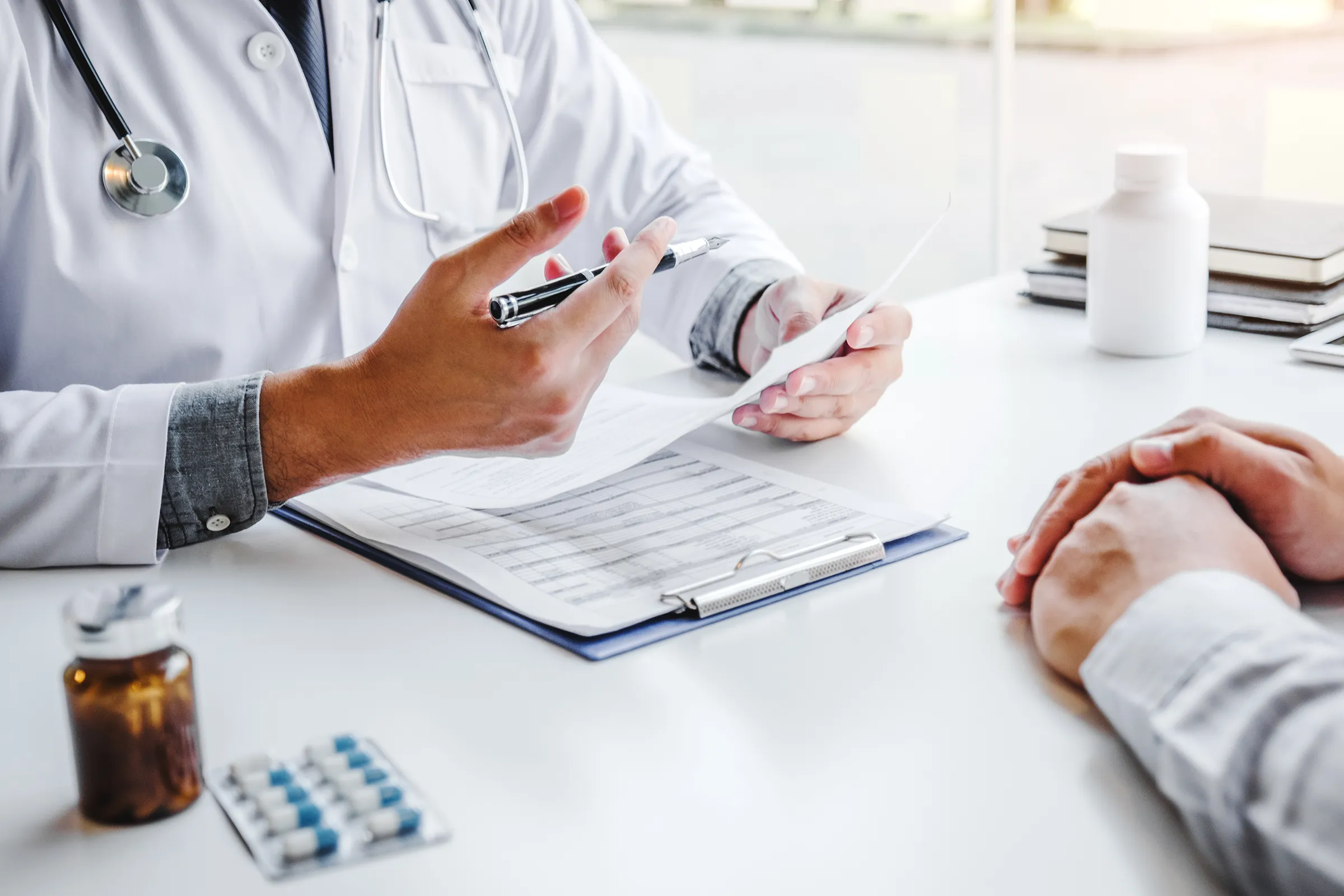Whole genome sequencing (WGS) is an advanced genetic analysis technique that is gaining recognition as the first line genetic test of choice in routine clinical settings [Pagnamenta AT, et.al. 2023 ↗︎] because it goes beyond the conventional scope of targeted tests. It encompasses the coding regions, the non-coding regions as well as the mitochondrial DNA (mtDNA), which provides a comprehensive view of your patient’s genetic make-up and maximises the value.

The pharmacogenomics (PGx) section includes 81 gene-drug associations. It indicates how a patient’s genetic profile influences the response to medications and can facilitate a personalized treatment plan by
| Variant Type | Definition | myLifeGenome |
|---|---|---|
| Single nucleotide variants (SNVs) | A DNA sequence variant affecting 1 nucleotide | All |
| Insertion / Deletion (In-dels) | Deletions, insertions, or duplications of DNA segments less than 500bp | All |
| Copy number variants (CNVs) | Deletions or duplications of DNA segments of at least 500bp | All |
| Structural variants (SVs) | Insertions of DNA segments of at least 500bp, inversions and translocations (including translocations between nDNA and mtDNA) | All |
| Repeat expansions | Increase in the number of repeated DNA sequence motifs within a gene | Most |
| Chromosomal abnormalities | Monosomy, trisomy, uniparental disomy, triploidy | All |
This test was developed by Arcensus laboratory.
Up to 20 working days upon sample receipt
Illumina TruSeq Nano DNA High throughput library prep kit
Median coverage: 30×
Next-generation sequencing: Illumina NovaSeq 6000 or NovaSeqX (Plus)
Single-nucleotide variants, small insertions & deletions, copy number variants, repeat expansions (confirmation testing recommended), structural variants, mitochondria
We accept buccal swabs, blood, DBS cards, saliva and isolated DNA*
* Arcensus only accepts isolated or extracted nucleic acids for which extraction or isolation is performed in an appropriately qualified laboratory.